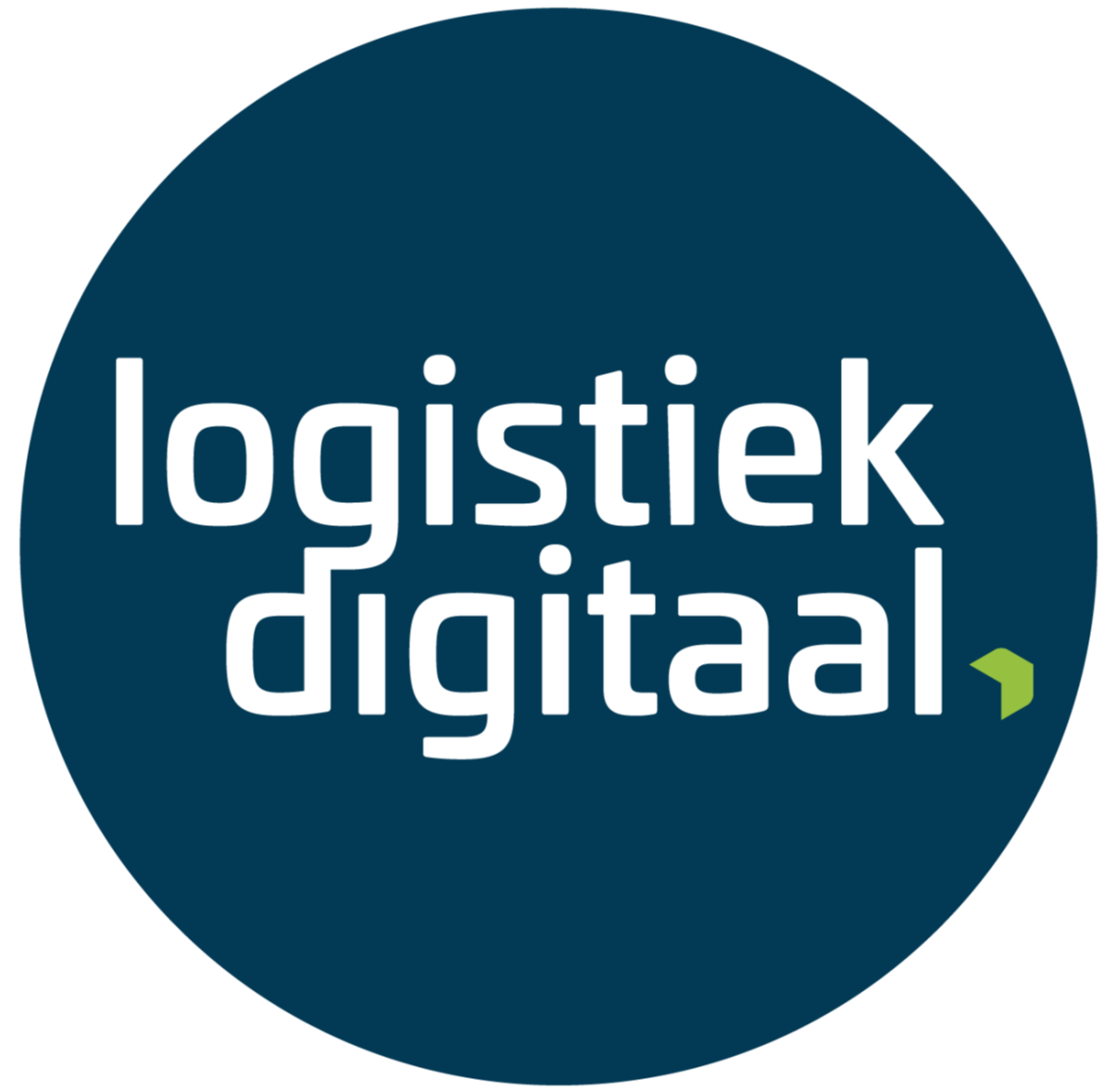Forecasting
About this course
Process Mining can roughly be defined as a data-driven approach to process management. The basic idea of process mining is to automatically distill and to visualize business processes using event logs from company IT-systems (e.g. ERP, WMS, CRM etc.) to identify specific areas for improvement at an operational level. An event log can be described as a database entry that signifies a specific action in a software application at a specific time. Simple examples of these actions are customer order entries, scanning an item in a warehouse, and registration of a patient for a hospital check-up.
More about the authors
Robert Goedegebuure
Henri Grolleman

This publication is part of the project ‘small projects 2022 route transport and logistics' with project number NWA.1418.22.023 which is financed by the Dutch Research Council (NWO).

